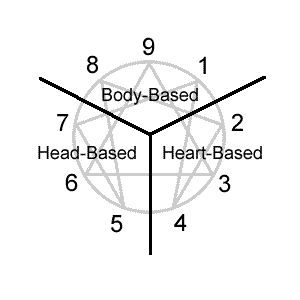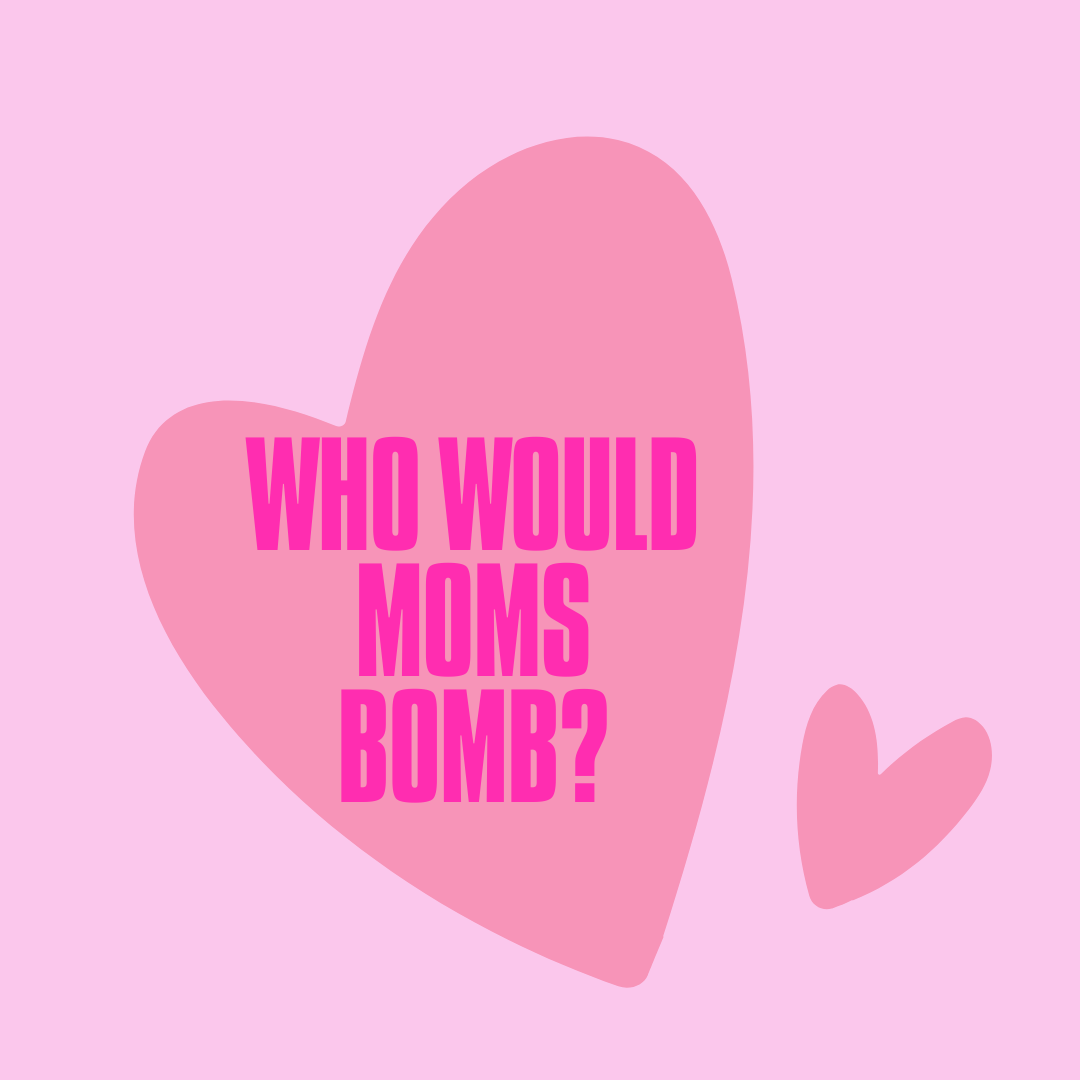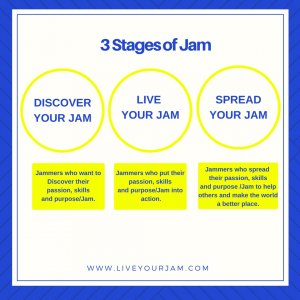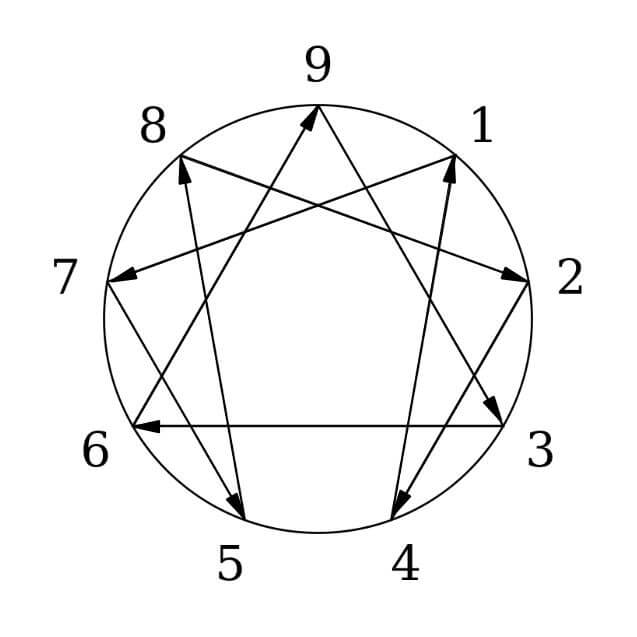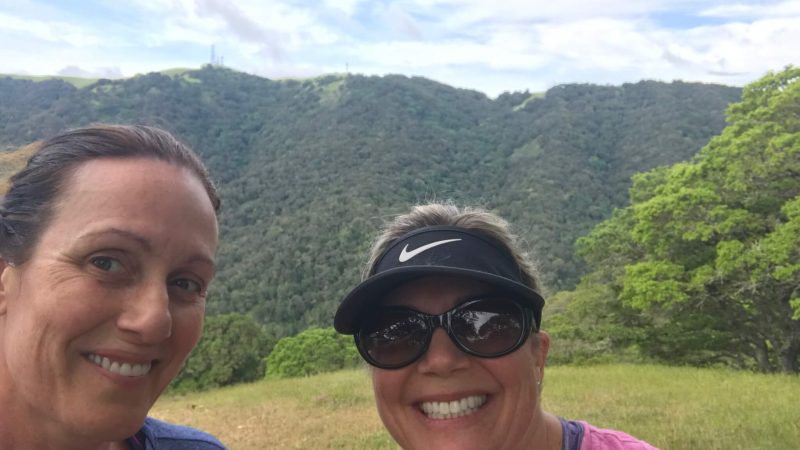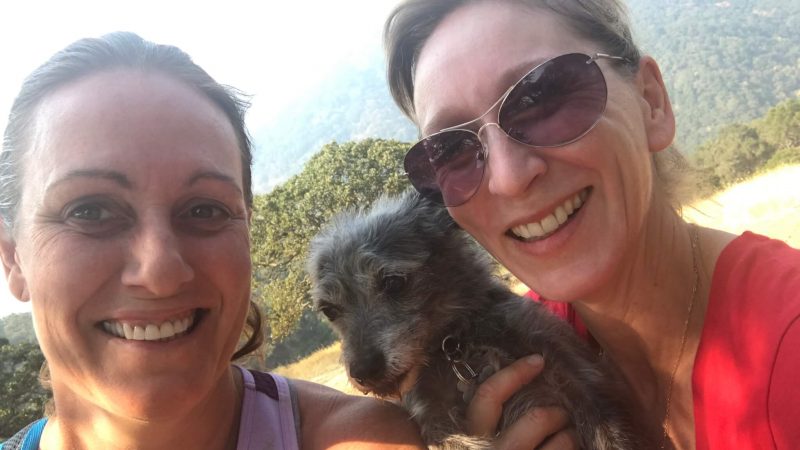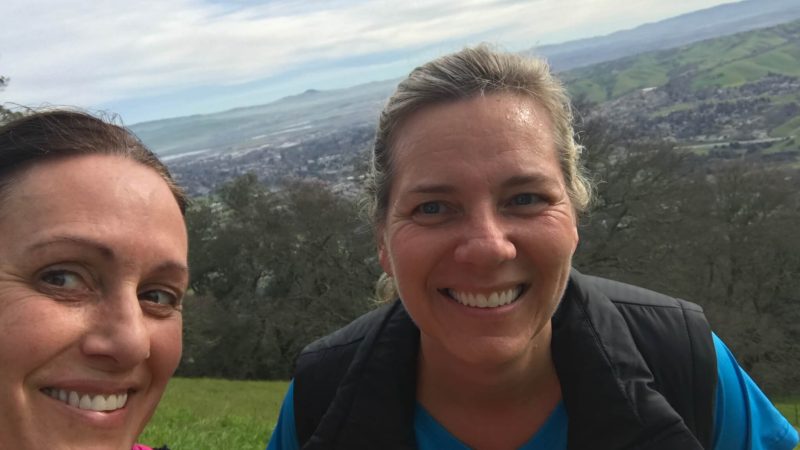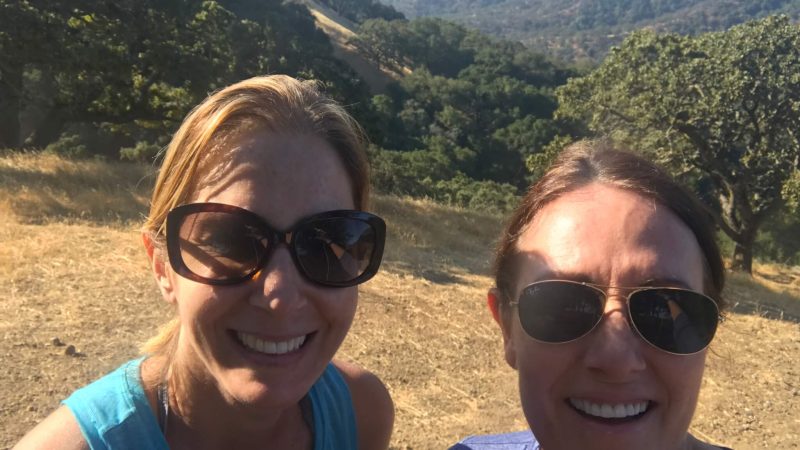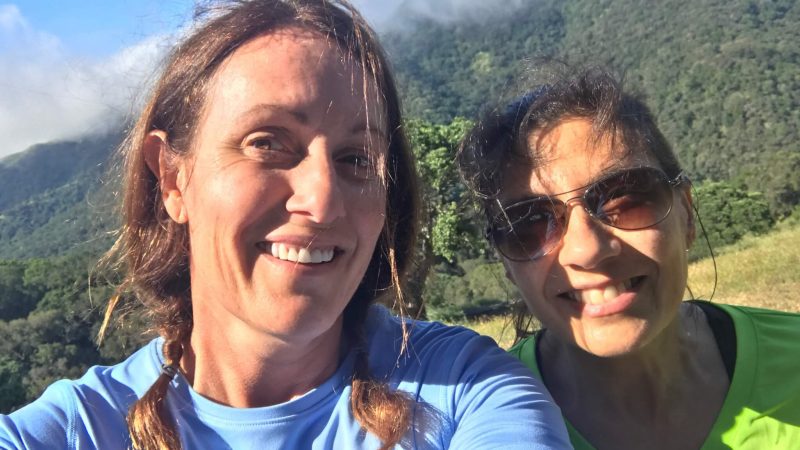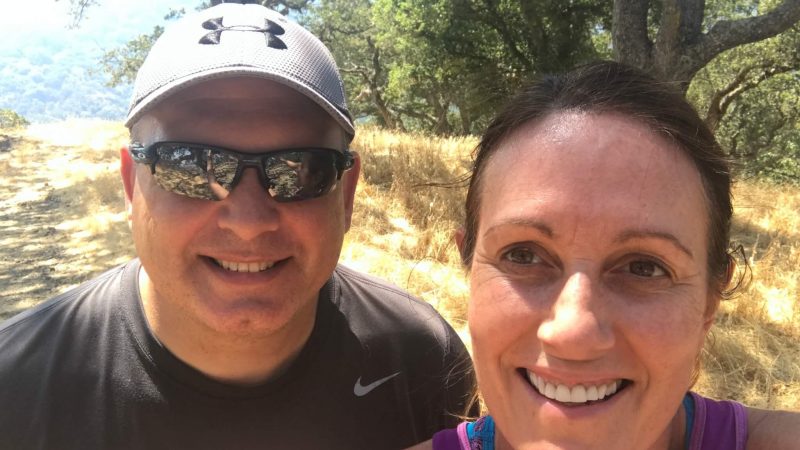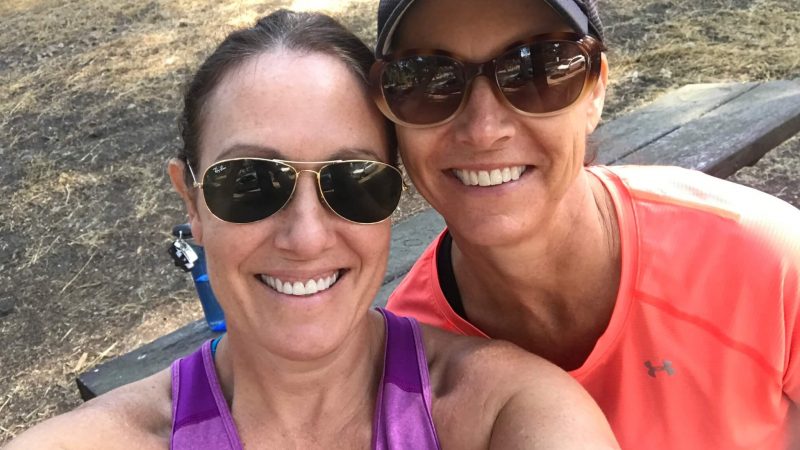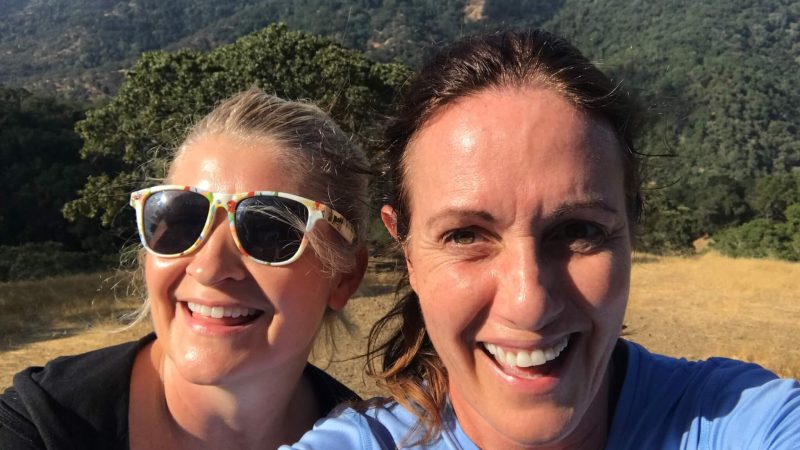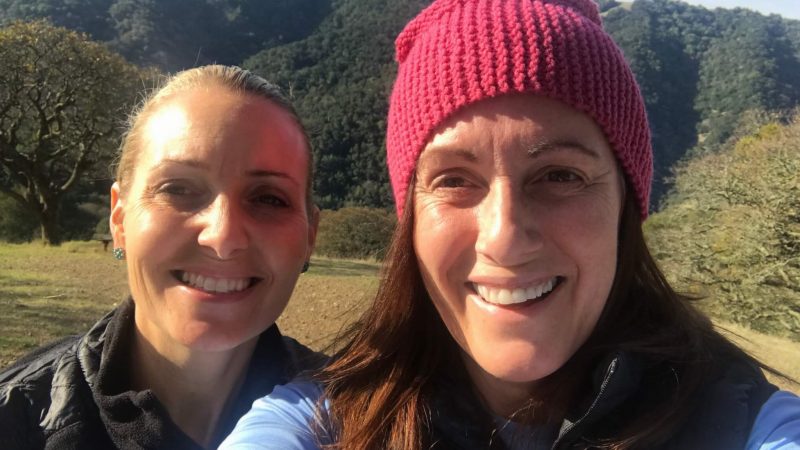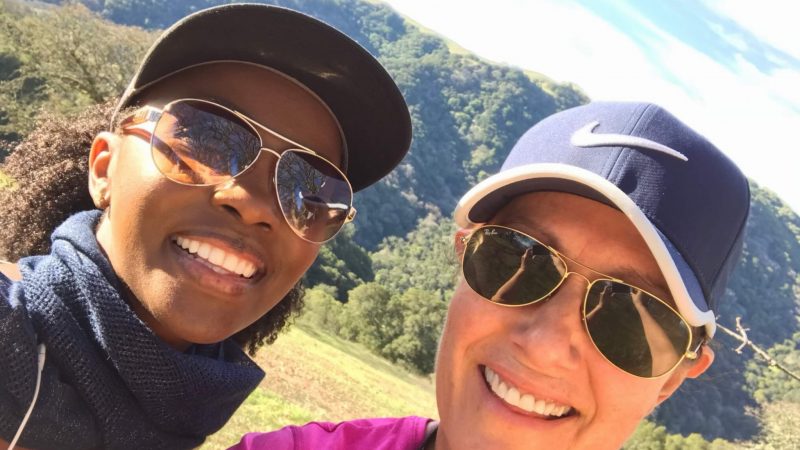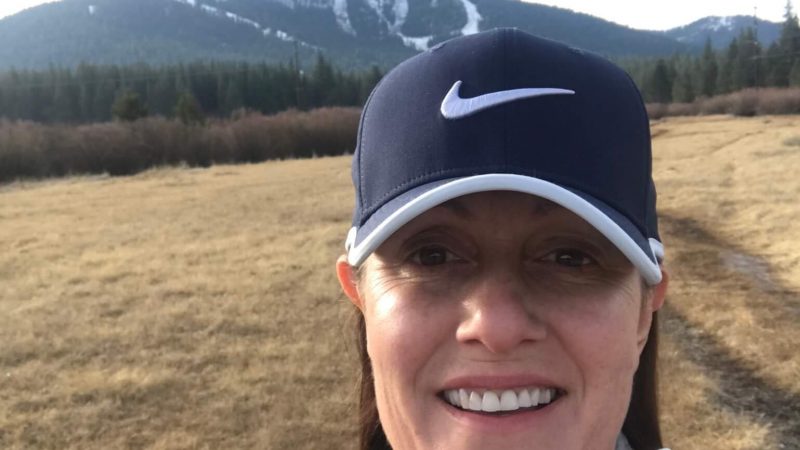this is a page for
Category: Self-Awareness
Grüezi! I just returned from a family Christmas holiday in lovely Scuol, Switzerland. Scuol is a picturesque Alpine village that borders both Austria and Italy. The mountains are even more spectacular when covered in fresh snow. I shared a few of the pinch-me photos on Instagram. I returned feeling very grateful and relaxed.
I love this time of year. Winter solstice arrives in late December and we begin the transition from the year behind us to the one ahead. Ancient cultures viewed winter solstice as a time of death and rebirth. So, it makes sense that it’s a time for reflection, introspection, and, when ready, taking action. Much of the talk around the new year is about goals and resolutions. I have a bias for action, so slowing down and reflecting on the past is a muscle that I’ve had to develop. And, let’s face it, if we’ve had a tough year, we most often just want to move on. But, some of my greatest teachers have been the most challenging of times. So, I encourage us all to roll-up our sleeves and take a keen look at 2019.
Here are some insights to develop your reflection skills and get your New Year goals started right.
Go Deep
Reflecting is the act of self-observation and self-evaluation. It requires self-awareness which is the cornerstone to a high EQ. We have to be honest about our strengths, limitations, and how we reacted to the events of the year. When asked a simple reflection question like, “What was the highlight of my year?” It’s easy to accept an answer that immediately comes to mind. But, in practice, reflection isn’t about the first thing that comes to mind. It’s about evaluating our observations. We need to evaluate our responses and say, “Is that really true for me?” Critical thinking skills are also required. For example, “Why do I think that event was the highlight of my year?”
Go Solo
Because we all have a bit of people-pleaser or concern for how we are being perceived, it’s best to practice reflection alone. Extroverts often process their thoughts by saying them aloud. So, if you are an extrovert, you can talk through your answers, but do it alone. Give yourself the gift of intimacy with Self. Introverts won’t have any trouble with this one. Go it alone so you can be completely unencumbered to show up with whatever comes up.
Pen to Paper
Writing down your answers will serve as a record for you to refer to and use for action-taking later. And, it can also keep you honest. In crafting this very post, when sharing something personal, I ask, “Is this really true?” The physical act of writing something down can literally reduce stress. So, if you did have a really tough challenge to overcome during the year, it is a great way to relieve any latent stress you may hold and clear your mind. Studies have shown that even writing for 15–20 minutes on a stressful topic leads to significantly better physical and psychological outcomes.
Avoid Recency Bias
Recency bias sounds fancy, but it really means our brains are wired to remember the most recent events. If you are trying to memorize a long to-do list, studies show the majority of people will remember the items they looked at last, more accurately. That’s recency effect. It becomes a bias when we use it to take action with the information. Corporations cautioned their managers to be mindful of recency bias when conducting year-end evaluations for their direct reports so they would take into account the entire year’s performance, not just the most recent months. So, when reflecting on 2019, make sure to scan all the way back to January.
The ability to create our own happiness is central to our well-being. We need reflection to understand what really makes us really fulfilled. For if we don’t fully understand our experiences, we can’t make changes or continue to do what is working for us based on what we learned from reflection. Think of it this way – we have to slow down to move forward.
7 Reflection Questions for 2019
Let’s put these tips into practice! Get your pen ready! Here’s a list of 7 reflection questions for 2019. We just ended a decade, so you can view from the perspective as well. These questions can also be asked from work, family, or relationship perspective, as well. I have shared those frames, too. Enjoy!
- How would I describe 2019 in just 3 words?
- What were my biggest achievements for 2019?
- What were my biggest challenges for 2019?
- How have I developed as a person?
- What surprised me most about 2019?
- What can I leave behind in 2019?
- What can I bring from 2019 to 2020?
Relationship perspective (Each person reflect and record independently, Then, share completed answers for discussion and learning.)
- How would I describe our relationship in 2019 in just 3 words?
- What were our biggest achievements as a couple for 2019?
- What were our biggest challenges as a couple for 2019?
- How have I developed as a partner?
- What surprised me most about our relationship 2019?
- What can we leave behind that didn’t serve our relationship in 2019?
- What can we bring from 2019 that worked well in our relationship to 2020?
Family perspective (Each person reflect and record independently, Then, share completed answers for discussion and learning.)
- How would I describe our family in 2019 in just 3 words?
- What were our biggest achievements as a family for 2019?
- What were our biggest challenges as a family for 2019?
- How have I developed as a (mother, father, daughter, son)
- What surprised me most about our family in 2019?
- What can we leave behind that didn’t serve our family in 2019?
- What can we bring from 2019 that worked well for our family to 2020?
Work perspective
- How would I describe my work in 2019 in just 3 words?
- What were my biggest professional achievements for 2019?
- What were my biggest professional challenges for 2019?
- How have I developed this year in my profession?
- What surprised me most about my work in 2019?
- What can I leave behind that didn’t serve my work in 2019?
- What can I bring from 2019 that went well at work to 2020?
Once you’ve taken the time to reflect, then you can decide if there’s any action that needs to occur. In my next post, we’ll talk goal-setting! Best of luck and may your light shine bright in 2020!
When my dad died at 89 after living a blessed life, I couldn’t do math or read anything longer than a paragraph for three months. After giving birth to each of our sons, I shut out the news world because the stories of violence and pain punctured my full-heart. Since we moved abroad almost two months ago, I struggle with focus and keeping track of details.
Parents passing, babies arriving, and moving to a new country are all major life events. And, no matter what the reason for the change, we are usually in for an unexpected ride. I have learned over the years, to go with the flow and be patient with myself during big transitions. I’ve also learned not to hold shame for memories that aren’t particularly happy or prideful.
After my dad died, paying for groceries became a challenge.My mind would go blank when confronted with simple addition and subtraction. I would push bills and coins across the counter at the local Trader Joe’s and ask plainly, “Is this enough?” At first, it was so frustrating and then, I decided to stop being so surprised and indignant about my newfound inability. The mantra in my head slowly switched from, “What’s wrong with me?” to, “I need a little bit of help.”
When our first son was born, I switched pediatricians because the office was in an area of Oakland that painfully reminded me that we, as a society, have left many humans behind. For years to come, I held confused feelings about my inability to face humanity compounded by the privilege of switching pediatricians. I learned later, I needed a little bit of help and it came in the form of me controlling some of my environments during those infant years.
Yes, time heals and has shed light on major changes in my life. But, my perspective has also been informed by a framework. I use the Enneagram for my continued personal development and in my coaching practice. One of the core principles of the Enneagram is that humans have three centers of intelligence: head, heart, and body. Most of us are familiar with ideas like, my head wanted one thing and my heart another, but my gut said to do this. For those of us in the Western world, we likely lean on the head (mind) as the ultimate source of knowledge and the location of our sense of “knowing”. But, the body and heart have equal importance and value.
In the Enneagram system, each one of us is more familiar with one center than others. For example, I’m a body person. I am comfortable with instant action and trusting my gut. It’s my superpower; until — it’s not. I use my heart least, and in times of stress, overuse my head. With practice and work, I’ve become more skilled in using all three centers. When we operate in one (or two) centers constantly, we are more than likely fulfilling some egoic image or structure we have built versus consciously choosing what’s right for us. In short, the centers of intelligence help us break through limiting patterns and access more of ourselves.
In the case of a major change, the centers of intelligence often yield to one another or become dominant or subordinate. Like burners on a stove — one center is hot while the other two can remain cold or warm. No need to touch any dials or knobs; the centers know when to show up – if we listen. I like to think of them as automatic pilots helping us to navigate the change.
When my dad died, the center of intelligence I needed most was my heart. The emotions I faced were big, deep and complex. I felt the sorrow of losing a person I loved so dearly and joy for what his passing meant to him as a man of deep faith. I was also receiving all the love and emotions others felt for him as well as witnessing the pain of my siblings and mom.
I didn’t need my brain during the days and weeks following my dad’s death. Nor did I need it for the ensuing mourning period. I didn’t need math; I needed to feel. My heart was there to intelligently help me connect to my feelings, emotions, and memories. And, as the weeks passed, my heart helped me navigate my new life without my Dad.
When our sons were born, my heart was split wide open. It was true for me, as it is for many parents, that I have never felt a greater love. It was bliss and wonderment so big I thought my heart would burst. Once again, I needed to be in my heart. I didn’t need to think anything through. Pay bills or stay updated on the US War with Iraq. I needed to experience this once in a lifetime love and let it nurture the connection with my babies. If I thought about everything that needed to be done or was exposed to the hard truth that the outside world is often harsh and cruel, it would have taken me away from the bonding and profound connection with our sons. When a heart is bursting with love, even the the smallest of slights can feel incredibly painful. I remember telling a friend, “it’s puppies and rainbows for me for awhile.That’s about all I can handle.”
Now, I’ve moved almost 6,000 miles away. New continent, new country, new language. I struggle with details and follow-through. It may be that I have exhausted one center of intelligence and another one is picking up all the slack. I’m not sure yet, but let me try to explain. There were so many complex mental logistics leading up to the move that my head center was large and in charge for months. I was like a master project-manager: ticking boxes and shredding to-do lists in my wake.
Now, that we have moved, I find myself using my body (where my intuition resides). I simply don’t understand a lot of the information presented to me. Some due to the language barrier or cultural awareness of why things are done a certain way. So, I rely on my gut. When our boys asked to go into the city to ride scooters with some of the neighborhood kids, I had to use my intuition. Kids here are much more independent and being new, I don’t know any of their parents. So, I just listened to what my body told me. And, off they went (and safely returned!).
I do think that big changes are exhausting and it’s possible that we are so tired, that our brains shut down. Yet, there are many examples of big changes in my life where my head center was dominant – especially in my career.
I know from experience that we can override our centers of intelligence through sheer force of will or denial. We can force one of the burners to stay off when it really should be on high. When we do this, we are stuck in an egoist pattern that impedes us from accessing our whole self. I also know from experience that when I see others hijacking this natural change process, they just need a little help.
With love, light and a little help,
Ellen
My childhood friend Polly has been helping others for years and was ready for a change. Hear how Polly courageously closed the door on her career of 20 years and opened a new door to live her Jam.
Moms and Jesus have a lot in common…
As women, we endure a lot of changes after we give birth. Some of the changes have a universal quality to them and we can all relate. Others are individual — specific to our own experiences and interpretations. Some of the changes are fleeting and some are lasting. Some of the changes are transformative.
Transformative meaning you are forever changed; no going back kind of stuff. For me, my transformation is that my heart is now wide-open. Having an open-heart is really a state of being. I’m not totally sure how your heart gets open. I just know what it feels like and it’s way different than being in your head. The head feels sharp, right, edgy, focused. The heart feels soft, warm, open, supportive.
The open heart sees, feels and absorbs the beauty of the world.
Sonia Choquette
Some people are more open-hearted than others. Old souls, perhaps? Some folks meditate to get that way. I’m pretty sure there are some psychedelics that can make one feel as if their heart is open. Falling in love can give one the feeling of an open-heart. For me, having children made my heart split me wide open.
Increased compassion for others
All of a sudden, my compassion for others has increased. I see the homeless man on the street and instead of annoying you while he’s hitting me up for money, I realize he was someone’s baby and he has a mother, too. I walk into my favorite restaurant for a much-needed dinner date with my husband and realize that the noise is too loud and the place feels too harsh, edgy….disconnected. My world now needs to be soft and fluid, inviting and warm. So, my and husband and I get takeout and bring it home where there’s plenty of warmth and comfort.
No wars if moms were in charge
I realize too that there would be no wars if mothers were in power. Who would want to harm another person? Not only is that person someone’s son or daughter, but that person is another human being. And, mom’s know how precious life is – after all, we gave birth.
Who would Mom’s Bomb?
The bumper sticker, Who Would Jesus Bomb? could easily say, Who Would Moms Bomb? The answer is simple, we wouldn’t bomb anyone, we’d give them love because we know, that’s all there is.
Happy New Year, Jammers! Our Jam is our where our passion and skills meet and we put them to use in our life! Everyone has a Jam. It’s our individual way to live a full life and make the world a better place. So, let’s get intentional about discovering our Jam in 2018!
Discovering your Jam is an inside job. It takes deep inquiry to help you find what you are passionate about. It also requires self-awareness.
My Jam is to help people lead more fulfilling lives by finding their own Jam. Jam is a euphemism for applying our passions to our skills. I launched my site, liveyourjam.com, which is dedicated to helping others Live their Jam in August of this year. I set out with a business plan, key milestones, and heaps of enthusiasm.
Jam is our skills applied to our passion. It gives us meaning which is essential for our survival. A question we have all asked is, “What is a meaningful life?” Because we are each unique, the answer varies for all of us. The poet Rumi says, “Everyone has been made for some particular work, and the desire for that work has been put in every heart.” That “particular work” is our Jam.
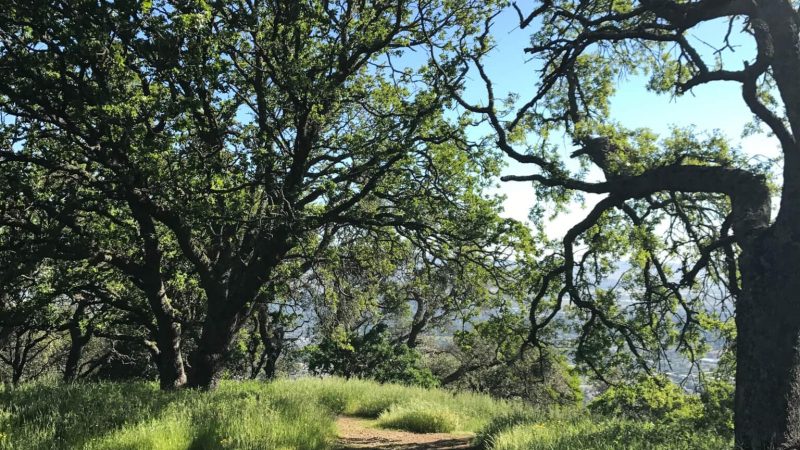
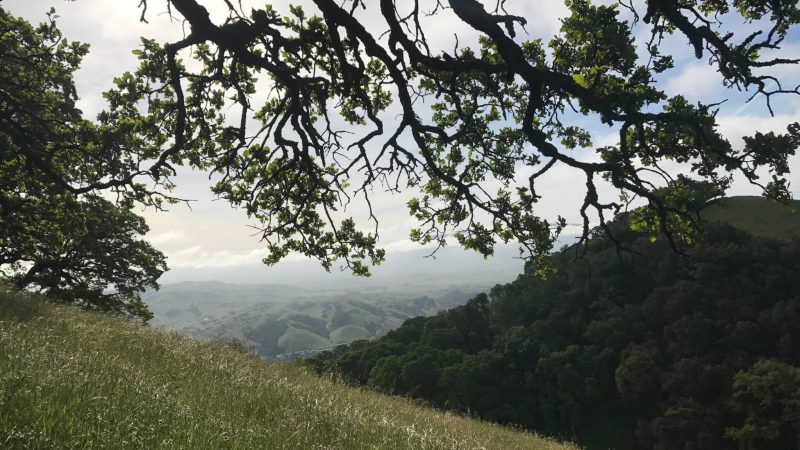
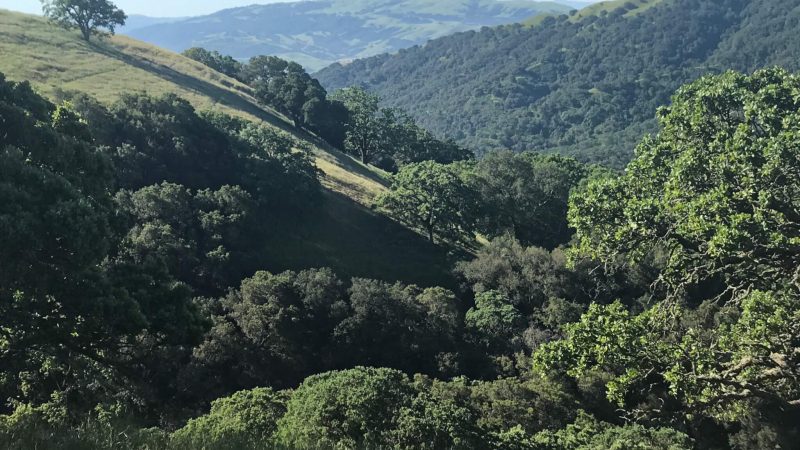
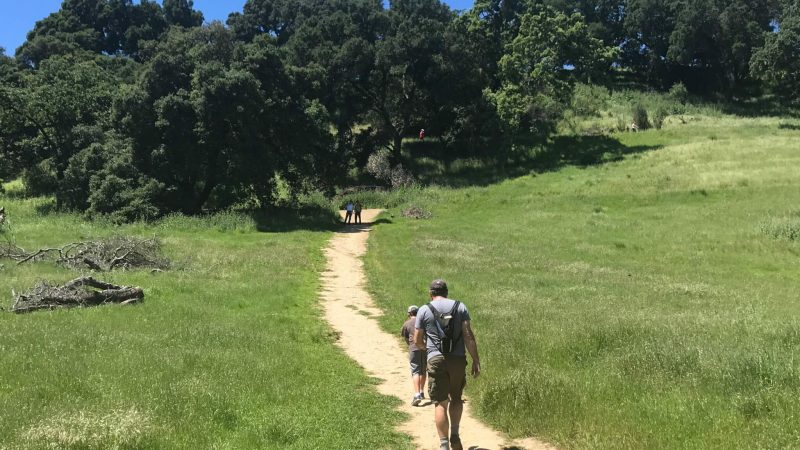
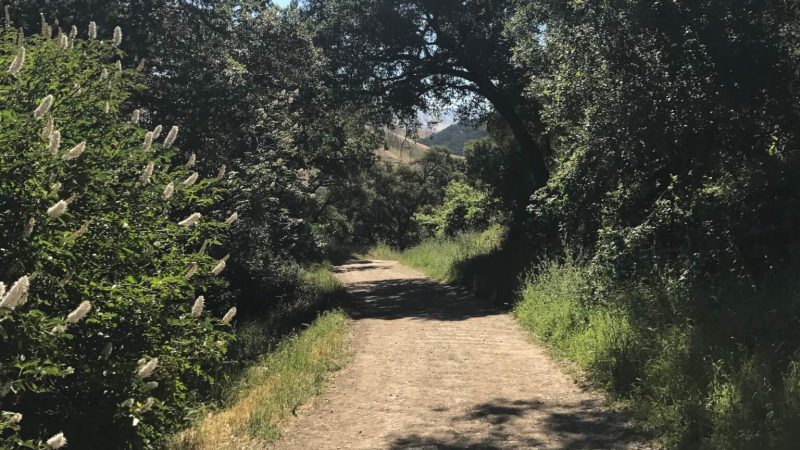
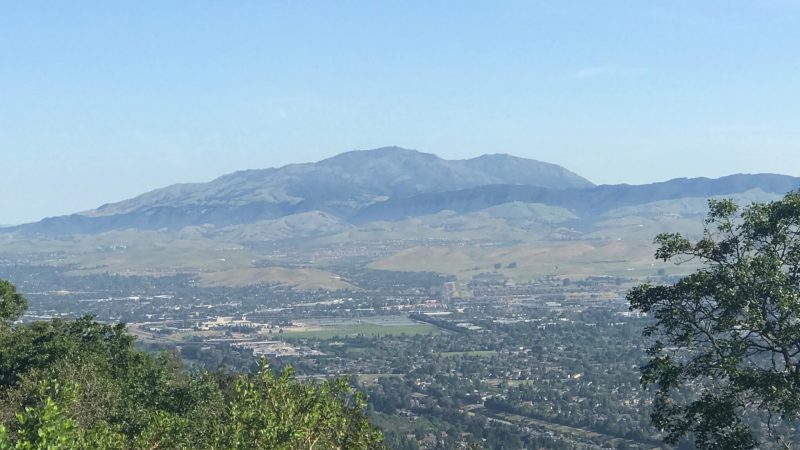
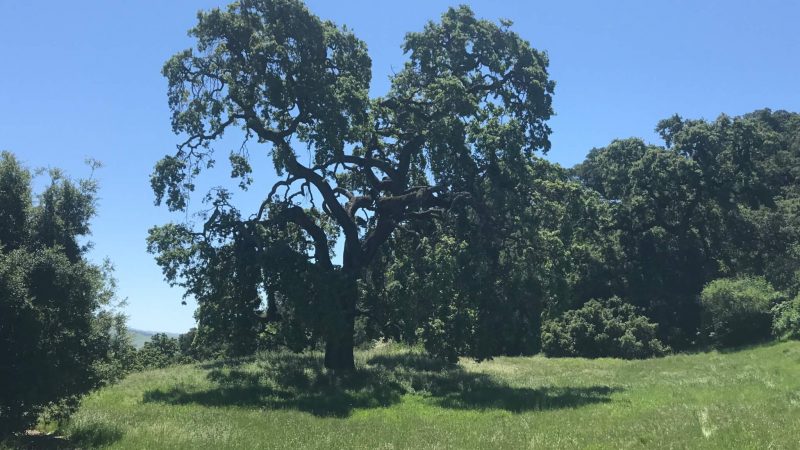
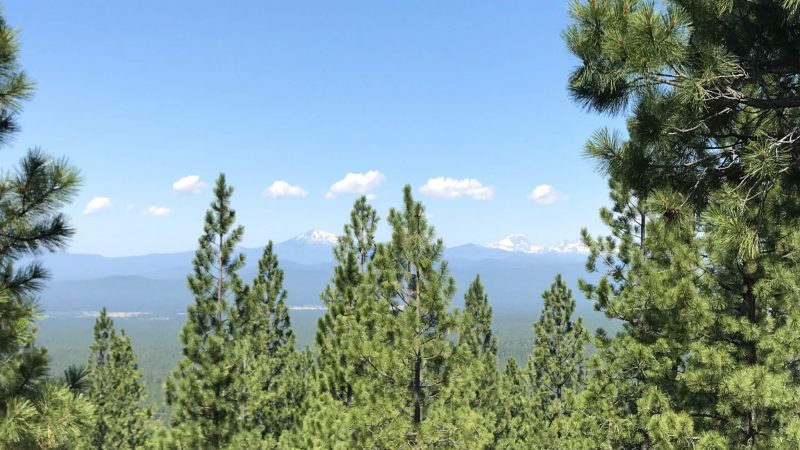


Mother Nature has been the single greatest healer and inspiration to me in my life. She has been critical to Living my Jam because there’s nothing more conducive to intuitive thinking than alone time outdoors. I love being outside and walking through the trees. I began hiking years ago and have hiked all over the world. I’m incredibly fortunate to live in an area that has many beautiful state and local parks. My greatest pleasure is walking alone in nature because it’s the quiet of nature that allows me to slow down and access my highest-self. We all need a practice that slows us down and brings us closer to ourselves. These practices are conduits that help us access ourselves and our true inner knowing. From here, we can Discover our Jam, Live our Jam and Spread our Jam.


